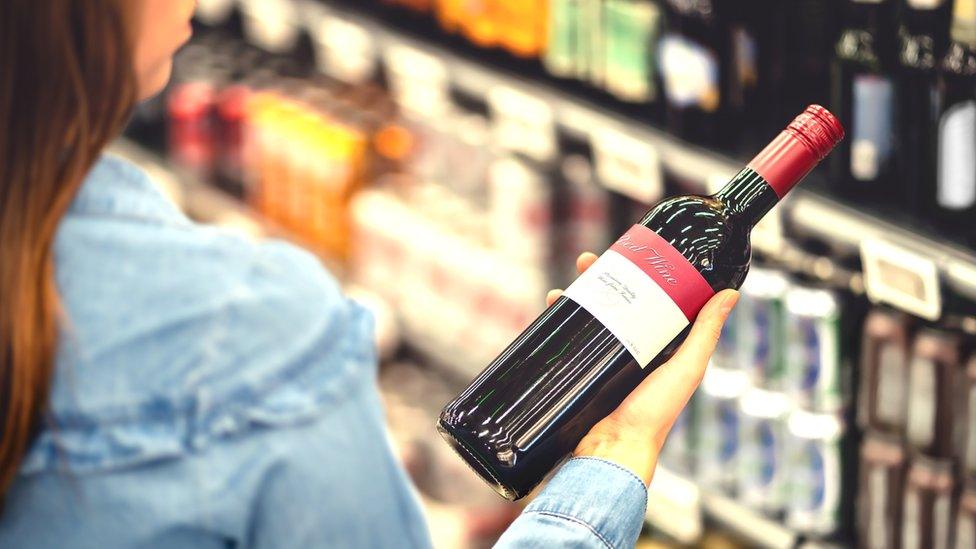From 'how to' to hair dye: our lockdown web searches
- Published

E-commerce platform Redbrain saw millions of searches for free weights during the UK's lockdown
YouTube says people are watching instructional videos more than ever as they seek new skills during lockdown.
Videos with titles like "how to" and "step-by-step" are being viewed for 65% longer than this time last year, the platform said.
Meanwhile, questions which begin "how to..." are increasingly appearing in search engine trends.
At the same time, online shoppers are in the market for garden plants, lawn mowers, free weights and hair dye.
"There are lots of 'how to' questions," said Nalina Eggert, an SEO expert at the BBC.
"How to make hand sanitiser, face masks and bread, how to cut your hair."
Nalina has seen a notable rise in questions about grammar, punctuation, fractions, human biology and history since the closure of UK schools - as well as specific medical queries surrounding Covid-19, such as whether the virus can be caught twice, and whether it affects pets.
Home hairdressing: The basic tips you need
Then there are questions about furlough, the R number and medical queries specific to Covid-19 symptoms and prognosis.
"There's also a much higher-than-usual search for sympathy cards," Nalina added.
"It's the highest it's ever been. People are looking to buy them, but the most related search is what to write in them. You imagine it may be people who have never had to send one before. My heart goes out to them."
And on a lighter note, there's one question which pops up on Nalina's charts every week.
"'What time can you buy alcohol in Scotland?' is a regular Friday search. We all need to mark the weekend somehow."
(It's between 10am and 10pm, external - you're welcome).

That Friday feeling...
Free weights and loo rolls
Redbrain is an e-commerce platform. The firm has access to the data of millions of shopping searches and how they translate into sales.
The UK's top shopping searches during the months of March and April included free weights, lawn mowers, plants, seeds and hair dye.
In March, Redbrain recorded more than 2.1m searches for free weights, up nearly 4,000% from February's activity. There were over a million more again in April.
There were also one or two noticeable short-lived trends: in March by far the most sought-after item was toilet roll with nearly five million searches... and in April there were 2.1 million searches for women's lingerie.
"It's easy to think the world has stopped and life is put on hold but our data tells a different story," said Redbrain's chief growth officer Alistair Campbell.
"We are all going through similar experiences and buying lots of the same things, at the same times.
"Is the nation settling down into the new 'normal'? It's hard to tell at the moment but the insights into purchasing and volumes certainly show that online retail is evolving and healthy."
Rocketing growth
The rocketing of internet use during lockdown has been "incredible" to observe, said John Graham-Cumming, chief technology officer of website security company Cloudflare.
"There's a natural growth that you would expect to see over time - as internet connections into people's homes improve, people do more stuff online.
"But in 2020 we saw one year of growth in three months."
But not everyone is using the net to find out how to fix their hair - Cloudflare has noticed that part of that "growth" has been an increase in low-level cyber-crime.
This is commonly in the form of small-scale distributed denial-of-service (DDOS) attacks - when a website is flooded with internet traffic to try to knock it offline.
"It's vandalism-type stuff," said Mr Graham-Cumming. "It's often done by students - we typically see an increase in these attacks during university vacation time."
- Published6 May 2020

- Published15 May 2020
